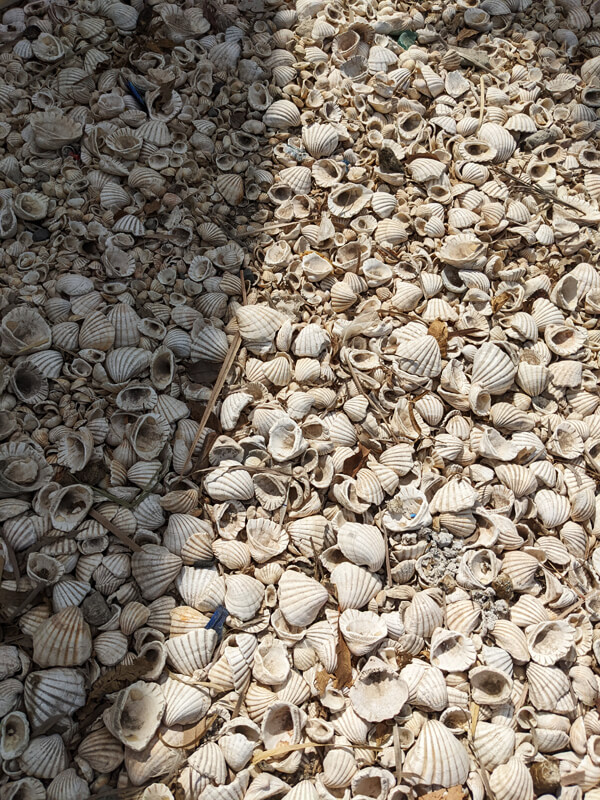
These days, it is a community of over 40,000 people practicing an informed management of their local resources (more on that later). There are no cars or even motorbikes on the island. Goods and necessities are transported on foot or with donkey carts and pirogues.
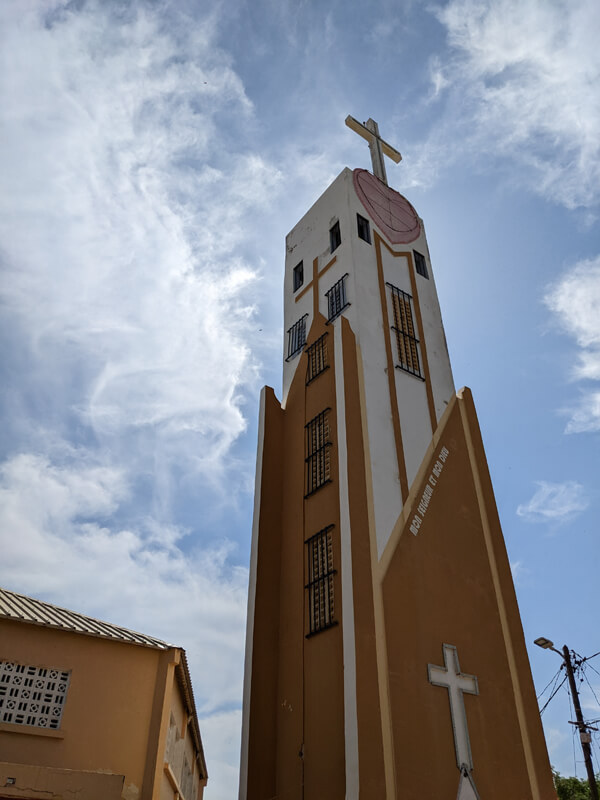
Christians, the majority on the island, worship alongside Muslims, and daily life makes considerations for mass as well as Muslim prayer times. Many families are mixed-religion. The cemetery for the island’s inhabitants allows for both Christian and Muslim burials. There is a mosque that pays tribute to El Hadj Umar Tall as well as the burial site of the first Christian missionary who died in Senegal.
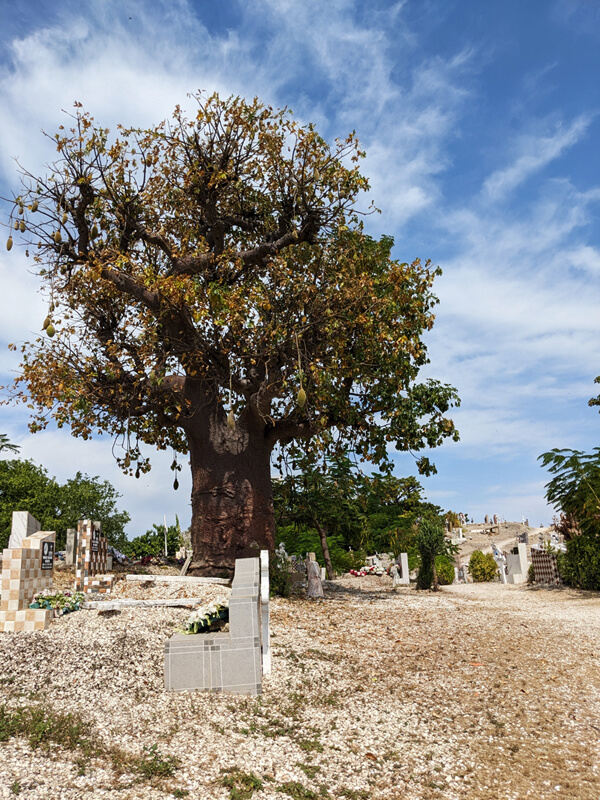
When the Marine Protection Areas of Senegal were formed, the government proposed a 6 month nighttime fishing ban in the area. The fishermen of Joal-Fadiouth turned around and advocated for an 8-month ban.
Unfortunately, powerful multinational fishing conglomerates are putting an enormous burden on the fragile marine ecosystem of the Petite-Cote and more robust international efforts may be needed to save this crucial fishery.
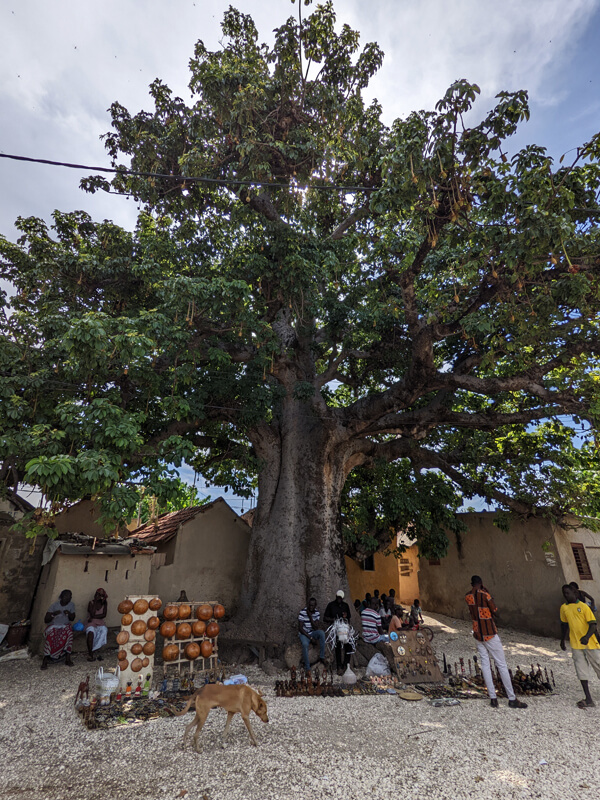
In Fadiouth, there is a central tourist office that organizes the guides. You go to the office, pay the fee (5000 cfa) and they call up the next guide in line. What does this eliminate? Aggressive guides harassing you to pay an ambiguous fee. All the guides are equally trained, and both English speaking and French speaking guides are available.
Join Us for a Tour
We believe in immersive travel that allows you to discover a place on its own terms. We organize small group trips, custom adventures and unique itineraries with the independent traveler in mind.

In addition to being the birthplace of Léopold Sédar Senghor, Senegal’s first President, Fadiouth is also home to the champions of the most popular sport in Senegal – wrestling. One heavyweight in particular, Yekini, went undefeated for nearly two decades. You can stop by Senghor’s house as well as those of the wrestling greats on a guided tour.
A tour of the island and the cemetery typically takes one and a half hours. Allow a bit longer if you want to visit the nearby granaries on stilts.
A morning tour followed by lunch at La taverne du Pecheur – just across the lagoon, with a great view – is a good bet.
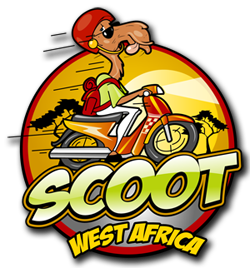
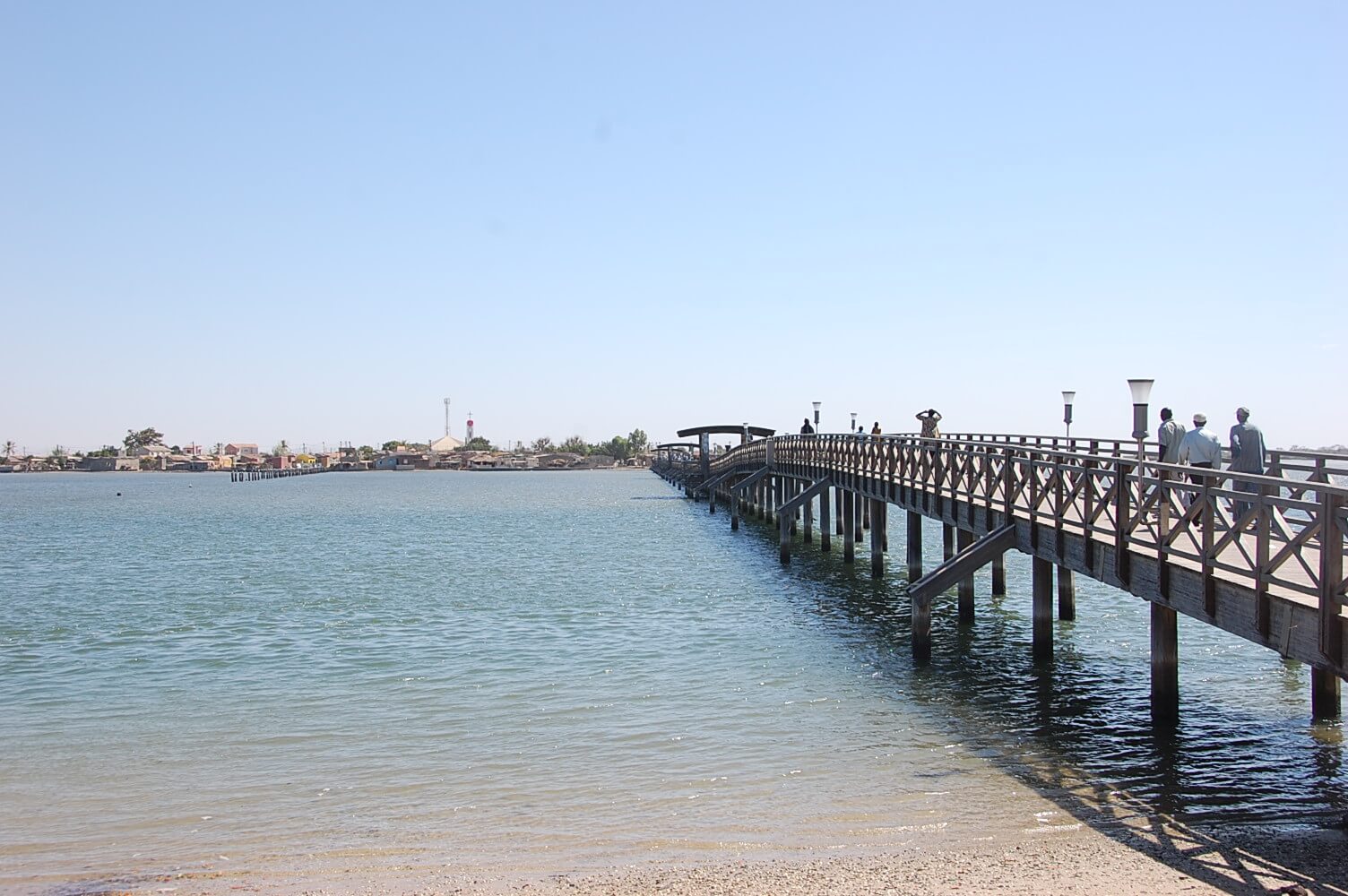
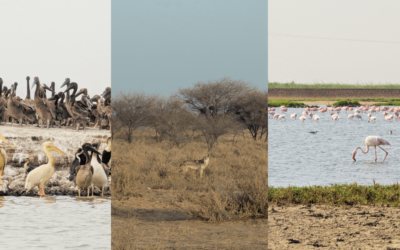
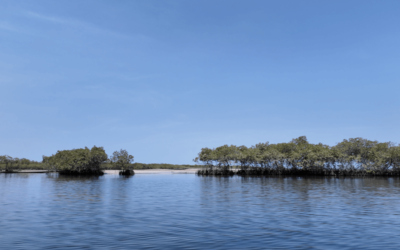
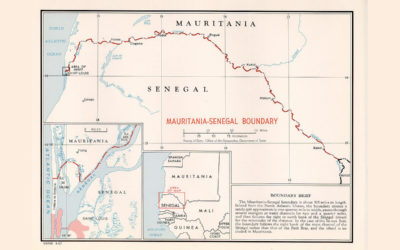
0 Comments